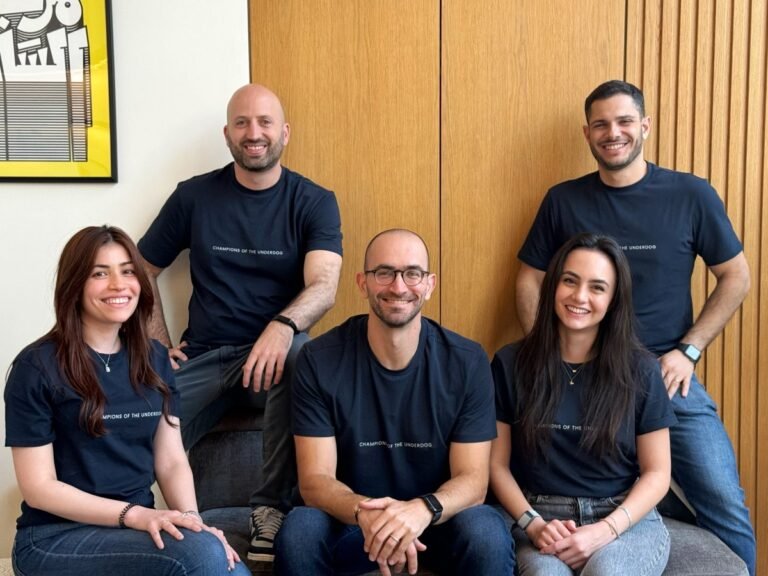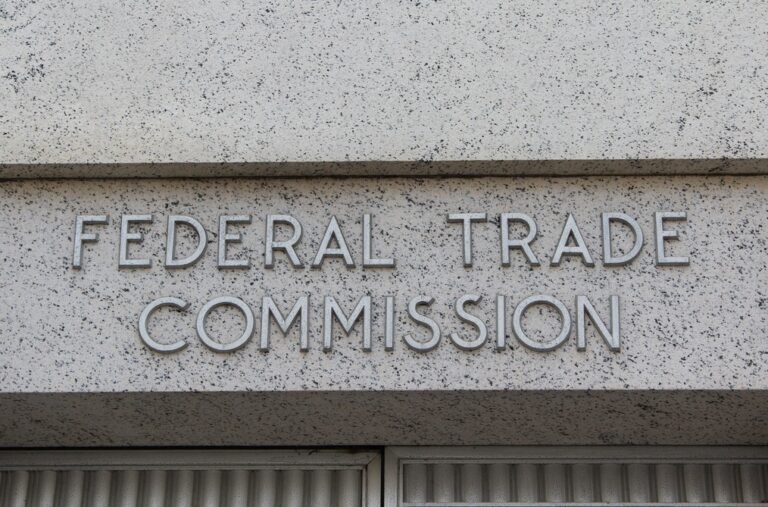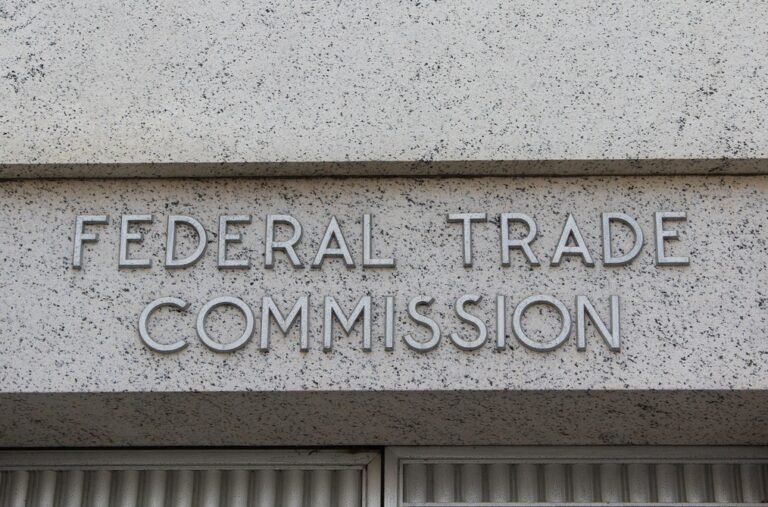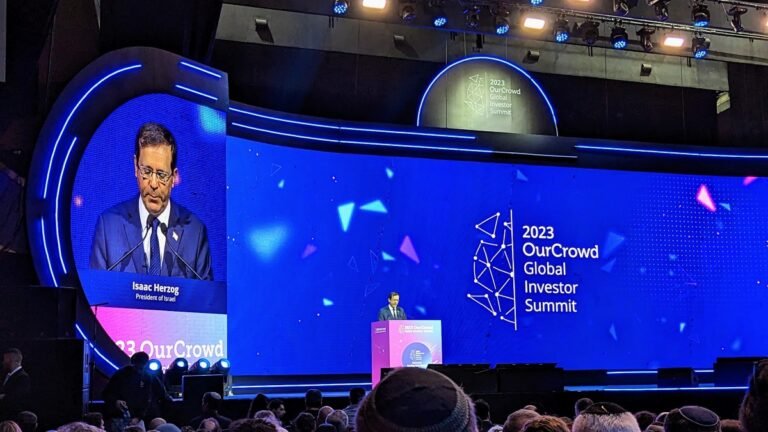
Dubai-based early-stage venture capital firm COTU Ventures is announcing that it has raised $54 million for its inaugural fund to support startups in the Middle East from pre-seed to seed stages.
Founder and general partner Amir Farha revealed in an interview with TechCrunch that COTU Ventures is inclined slightly towards fintech and B2B software.
Noteworthy investments by COTU Ventures include Huspy, a UAE mortgage platform backed by Peak XV and Founders Fund, and Egyptian fintech startup MoneyHash.
While at Beco Capital, Farha and his partner returned the first fund following Uber’s acquisition of Careem.
By fostering such open dialogue, COTU Ventures aims to establish trust and strong connections with founders, enabling informed investment decisions.

Frost Giant, a venture-backed startup building a real-time strategy (RTS) game called Stormgate, is turning to its community to top up its coffers ahead of the game’s launch this year.
The venture capital market for gaming companies has retreated sharply since Frost Giant last raised money (a $25 million Series A back in 2022).
Thus far, Frost Giant has picked up $611,421 in reservations for its community fundraise on its Start Engine page.
Reg CF offerings are limited to $5 million, so Frost Giant has a hard cap on how much it can raise.
We got a similar peek into Substack’s financials when it raised capital from its community last year, and we’ll get a similar influx of data from Frost Giant.

Golden Ventures, a Canada-based venture capital firm, closed on over $100 million in capital commitments for its fifth fund targeting high-potential, seed-stage founders working across technologies, including AI, climate, blockchain and quantum.
“This is a continuation of our core thesis and created to be super founder-aligned,” Golden told TechCrunch.
The firm makes both core investments and those that lean more on the angel side.
Over 13 years, Golden Ventures has backed over 100 companies at the seed stage.
Golden Ventures V is backed by a group of existing institutional limited partners, including BDC Capital, ECMC Group, Foundry, HarbourVest Partners, Kensington Capital Partners, Northleaf Capital Partners, RBC, Teralys Capital, University of Chicago and Vintage Investment Partners, and new institutional partner Deloitte Ventures.

India has updated official rules in the space sector to attract global investors and companies, after opening it up to private players four years ago.
The new foreign direct investment (FDI) policy raises limits on foreign investment, potentially spurring renewed interest in the South Asian space community.
Private and public actors in India have been taking measures to increase participation in the country’s space sector.
India has around 190 space tech startups, offering solutions including launch vehicles, space situational awareness and hyperspectral imagery.
Investments in Indian space startups reached over $124 million last year, per government data.

State of venture investments in India, according to Lightspeed Lightspeed partners examine right-sizing VC funds in India, spectrum of startup investing and the country's prospects in the global AI race.
Over 150 investors, including Singapore’s sovereign fund Temasek and Malaysia’s Khazanah, gathered at Mumbai’s five-star Trident Oberoi hotel on a recent Friday for venture firm Lightspeed India Partners’ “Lift Off” summit.
In 2021, $33 billion of venture capital (early and late stage) was invested in India.
So 2023 is also not necessarily reflective of the venture market opportunity in India,” he added.
“We had a lot of funds not based in India but investing in India because of the opportunity the country offered to them outside their own.

The FTC is aiming to unravel the complex and secretive corporate relationships in the top AI companies out there in a new inquiry.
What are these companies but a proxy for the ambitions of the extant tech superpowers?
As companies race to develop and monetize AI, we must guard against tactics that foreclose this opportunity,” Khan continued in her statement.
The orders sent to the companies listed above compel them to share:Partnerships, investments, and the “strategic rationale” for themWhether these partnerships have “practical implications” such as when or how new products are releasedWhat do they talk about at meetings?
After all, why shouldn’t companies that have already spent billions pursuingIncidentally, today the FTC is hosting a summit on AI and its opportunities and dangers, in the sense of markets and startups.

The FTC is aiming to unravel the complex and secretive corporate relationships in the top AI companies out there in a new inquiry.
What are these companies but a proxy for the ambitions of the extant tech superpowers?
As companies race to develop and monetize AI, we must guard against tactics that foreclose this opportunity,” Khan continued in her statement.
The orders sent to the companies listed above compel them to share:Partnerships, investments, and the “strategic rationale” for themWhether these partnerships have “practical implications” such as when or how new products are releasedWhat do they talk about at meetings?
After all, why shouldn’t companies that have already spent billions pursuingIncidentally, today the FTC is hosting a summit on AI and its opportunities and dangers, in the sense of markets and startups.

Now, Plural itself is scaling up, with a fresh €400 million fund to back what Hogarth refers to as “transformational” startups in the region, bringing more operational know-how to get them running as businesses.
Just six months before, Atomico reported, in its annual survey, that startups in Europe had raised a record $100 billion 2021.
Plural’s €250 million debut fund itself was arguably a product of that: it was actually intended to be €150 million.
Even Plural has sat on some of its money: Hinrikus said in an interview that it’s still making investments out of its first fund.
“[With] AI right now, there’s a huge number of people building businesses that look identical to 500 other startups.

This new impediment to securing financing opportunities for BIPOC entrepreneurs is disconcerting.
Confronted with these challenges, angel investors and investment groups that fund BIPOC entrepreneurs must remain committed to keeping vital early-stage capital flowing.
This inherent color blindness removes a structural impediment that blocks minority investing within the conventional venture capital fund structure.
Eleven percent of all campaigns on the platform Honeycomb have been run by Black founders, and SeedInvest has seen 12% of campaigns run by Black founders.
Defining intentionally inclusive criteria in your fund/syndicate may also open the door to additional funding opportunities for BIPOC entrepreneurs.

Israeli investment platform OurCrowd today announced that it now has $13 million in capital commitments for its $50 million Israel Resilience Fund, a fund the organization launched shortly after the Israel-Hamas war began to support startups that were impacted by the war or were developing solutions to Israel’s immediate needs.
OurCrowd plans to raise a total of $50 million for the fund, which doesn’t charge management fees nor carried interest.
“Startups do not know when international investors will resume investing in Israeli startups as they wait for the conflict to subside.
Additionally, companies face operational challenges with key personnel called up to the military reserves, while evacuations and rocket fire pose a challenge to daily business operations.
Companies resiliently continue, yet many need financing to extend runways through the crisis and power their ultimate success,” he said.













